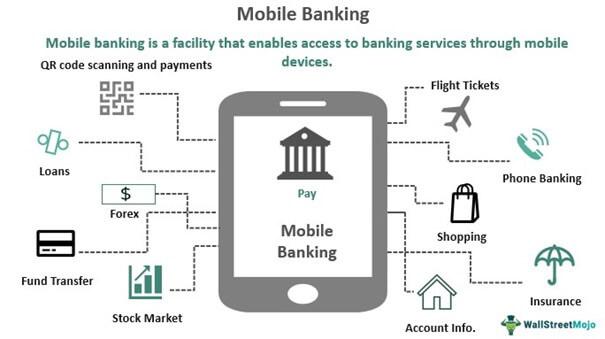Introduction
Mobile banking is transforming the financial landscape of Nigeria. With the rise of internet access, a significant number of Nigerians now have the tools they need to improve their financial situations.
The Rise of Mobile Banking in Nigeria
Over the past decade, mobile banking has gained tremendous popularity across Nigeria. This surge is largely due to increased internet penetration and the proliferation of smartphones.
Impact on Financial Inclusion
Many Nigerians have historically been excluded from traditional banking services. Mobile banking offers an accessible alternative, allowing users to open accounts and conduct transactions from their phones.
Empowering Small Businesses
Small and medium enterprises (SMEs) are the backbone of the Nigerian economy. Mobile banking provides these businesses with access to loans and financial planning tools that can enhance their growth.
Reducing Poverty Through Financial Literacy
Financial literacy is a crucial component in the battle against poverty. Mobile banking platforms often include educational resources, enabling users to make informed financial decisions.
Case Studies of Success
Several success stories highlight the effectiveness of mobile banking in reducing poverty. For instance, individuals in rural areas have reported improved livelihoods through access to mobile financial services.
Challenges and Limitations
Despite its successes, mobile banking in Nigeria faces several obstacles. Issues such as providing robust internet infrastructure and increasing user trust must be addressed for continued growth.
Conclusion
The intersection of mobile banking and internet access is a powerful tool for reducing poverty in Nigeria. For more information about ongoing efforts to tackle poverty in Nigeria, visit Borgen Project.

